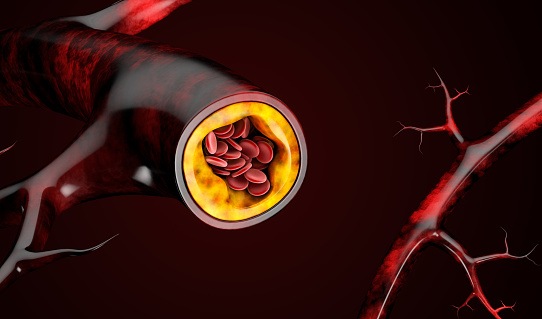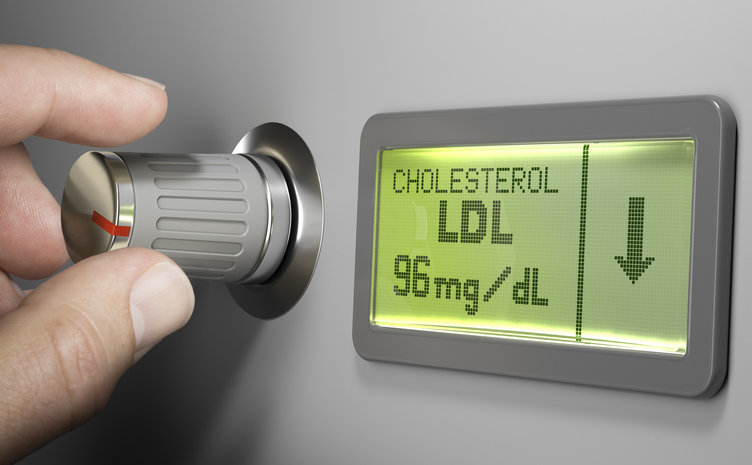
The findings of a study appearing in The Lancet indicate a strong link between non-HDL cholesterol levels and a long-term risk for cardiovascular disease in people younger than 45, and not just at older ages.
In this risk-evaluation and risk-modelling study, researchers evaluated data on 398,846 individuals from 38 cohorts in 19 countries across Europe, Australia, and North America. Eligibility criteria was stipulated as patients without prevalent cardiovascular disease at baseline as well robust available data on cardiovascular disease outcomes. The primary endpoint of this study was defined as atherosclerotic cardiovascular disease as the occurrence of the coronary heart disease event or ischemic stroke.
The researchers used European guideline thresholds to compute sex-specific multivariable data, adjusted for age, sex, and cohort. They also developed a tool to estimate the probabilities of a cardiovascular disease event by the age of 75, dependent on age, sex, and risk factors, as well the correlated modelled risk reduction, assuming a 50% reduction of non-HDL cholesterol.
According to the results of the study, during a follow-up period of approximately 13 years, 54,542 cardiovascular endpoints occurred with an incidence curve analyses showing that increased non-HDL cholesterol is associated with progressively higher 30-year cardiovascular disease event-rates. The researchers observed through multivariable adjusted Cox models that non-HDL cholesterol levels are correlated with an increase in cardiovascular disease for both men and women. Overall, a 50% reduction of non-HDL cholesterol concentrations was correlated with reduced risk of a cardiovascular disease event by the age of 75 years, and this reduced risk was enhanced the earlier cholesterol levels were decreased.
”The earlier people take action to reduce cholesterol through diet changes and medication, the better.”
The study, in The Lancet , is the most comprehensive yet to look at the long-term health risks of having too much "bad" cholesterol for decades. https://t.co/AGMArPBMDu
— Zahid Khan (@ZahidKhanMDPhD) December 4, 2019
“Our estimates suggest that halving non-HDL cholesterol levels may be associated with reduced risk of cardiovascular events by the age of 75 years, and that this reduction in risk is larger the sooner cholesterol levels are reduced,” said Professor Stefan Blankenberg, German Center for Cardiovascular Research, Germany in a press release.
“The risk scores currently used in the clinic to decide whether a person should have lipid-lowering treatment only assess the risk of cardiovascular disease over 10 years, and so may underestimate lifetime risk, particularly in young people.”
Prof. Blankenberg that added that: “In lieu of needed clinical trial results investigating the benefits of long-term lipid-lowering therapy in people younger than 45, this study may provide helpful insights on the benefits of lipid-lowering therapy as primary prevention from an earlier age. However, future research is needed to understand whether intervention in young people with a high lifetime risk, but low 10-year risk, would have more benefits than later intervention.”
Interesting observation #non-HDL #cholesterol https://t.co/JdUiVlIUz7
— Dr. Christopher Wong (@Wongplan1) December 6, 2019
find your heart disease risk
pick the wheel (left=F, right=M), find your age, non-HDLc and number of additional risk factors to get your odds of HD by 75yo (red circle)
from https://t.co/ZnUUwCdM50 pic.twitter.com/IjepTaFOS1
— Gil Carvalho MD PhD🌈 (@NutritionMadeS3) December 9, 2019







 © 2025 Mashup Media, LLC, a Formedics Property. All Rights Reserved.
© 2025 Mashup Media, LLC, a Formedics Property. All Rights Reserved.